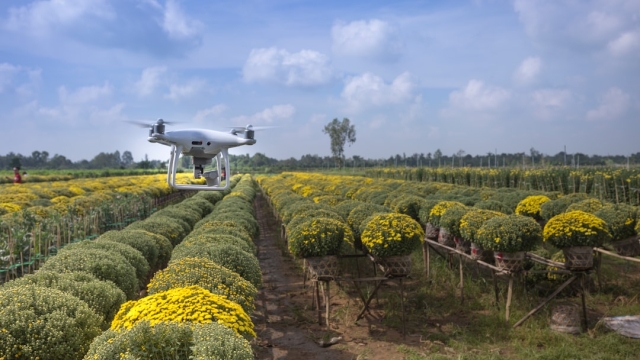Marine aquaculture, commonly referred to as fish farming, plays a crucial role in the sustainable production of seafood. By cultivating marine organisms such as fish, shellfish, and seaweed, this practice helps meet the growing global demand for seafood while also alleviating pressure on wild fish populations. As the industry evolves, innovative technologies and sustainable practices are becoming essential components of effective marine aquaculture solutions. This article explores these advancements and offers insights into reputable suppliers that can support aquaculture operations.
Innovative Technologies in Marine Aquaculture
Innovative technologies are transforming marine aquaculture by enhancing operational efficiency, improving sustainability, and increasing yield. One significant advancement is the development of automated feeding systems. These systems use sensors and data analytics to optimize feeding schedules and quantities, ensuring that fish receive the right amount of food at the right time, thus minimizing waste and maximizing growth.
Another noteworthy technology is recirculating aquaculture systems (RAS). RAS allows for the continuous recycling of water, which significantly reduces water consumption and minimizes environmental impact. These systems can maintain optimal water quality, which is critical for the health and growth of marine organisms. Additionally, integrated multi-trophic aquaculture (IMTA) systems promote biodiversity by allowing different species to coexist and benefit from each other’s waste products, creating a more balanced ecosystem.
Key Technological Innovations
| Technology | Benefits |
|---|---|
| Automated Feeding Systems | Reduces waste, optimizes feeding |
| Recirculating Aquaculture Systems (RAS) | Conserves water, maintains quality |
| Integrated Multi-Trophic Aquaculture (IMTA) | Enhances biodiversity, improves sustainability |
Sustainable Practices for Fish Farming
Sustainability is a cornerstone of successful marine aquaculture solutions. By implementing sustainable practices, aquaculture operators can minimize their environmental impact and promote the health of marine ecosystems. One of the most effective strategies is to use feed sourced from sustainable fisheries or plant-based alternatives. This practice reduces the reliance on wild fish stocks and supports marine conservation efforts.
Another important practice is the careful management of fish stocks. This includes adopting appropriate stocking densities, monitoring growth rates, and implementing rotation systems to allow for recovery periods for the environment. Additionally, operators can engage in habitat restoration initiatives, such as planting seagrass or restoring coral reefs, which can enhance biodiversity and overall ecosystem health.
Regular training and education on best practices for sustainability are also vital. By staying informed about the latest research and techniques, aquaculture professionals can continually improve their operations and contribute to a more sustainable seafood supply chain.
Supplier Directory for Marine Aquaculture Solutions
Finding reputable suppliers for marine aquaculture solutions is essential for operators looking to enhance their practices. Below is a selection of well-known suppliers and service providers that offer a range of products and services to support aquaculture operations:
- Wolize: Offers innovative monitoring and management solutions tailored for marine aquaculture.
- AquaMaof: Specializes in RAS technology, providing systems that enhance water quality and reduce operational costs.
- Skretting: Provides a variety of sustainable fish feed options designed to optimize growth and health.
- Marine Harvest: A leading supplier of farmed seafood, known for its commitment to sustainability.
In conclusion, marine aquaculture solutions encompass a wide range of innovative technologies and sustainable practices that are integral to the industry. By adopting these advancements and collaborating with reputable suppliers, aquaculture operators can contribute to the sustainability of seafood production while ensuring the health and vitality of marine ecosystems.

